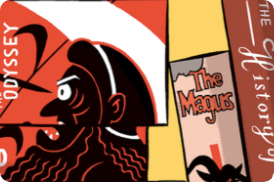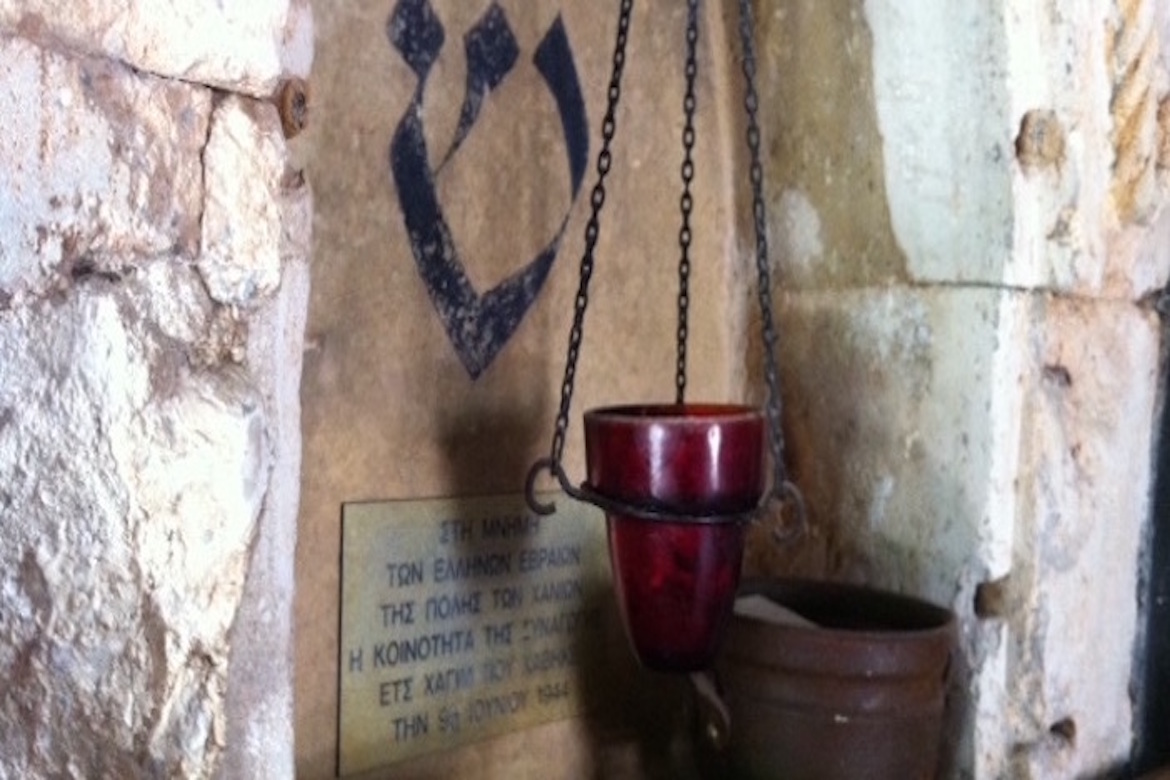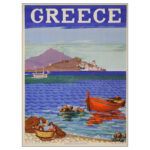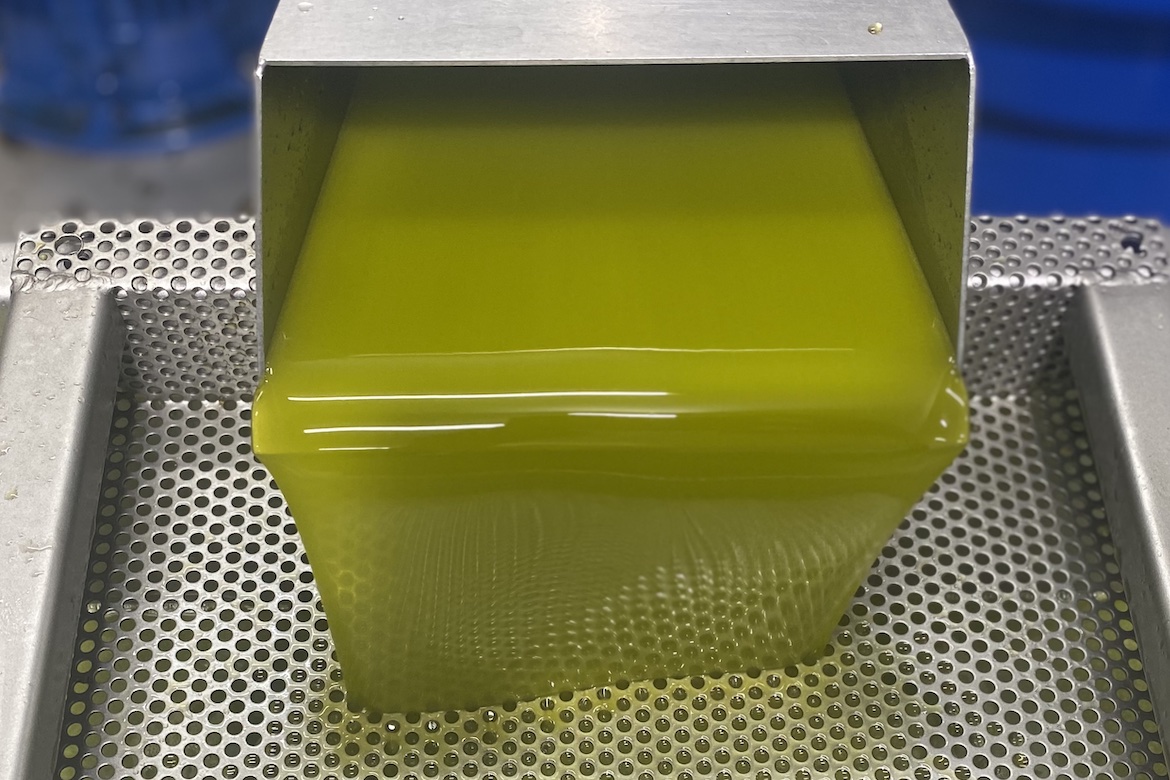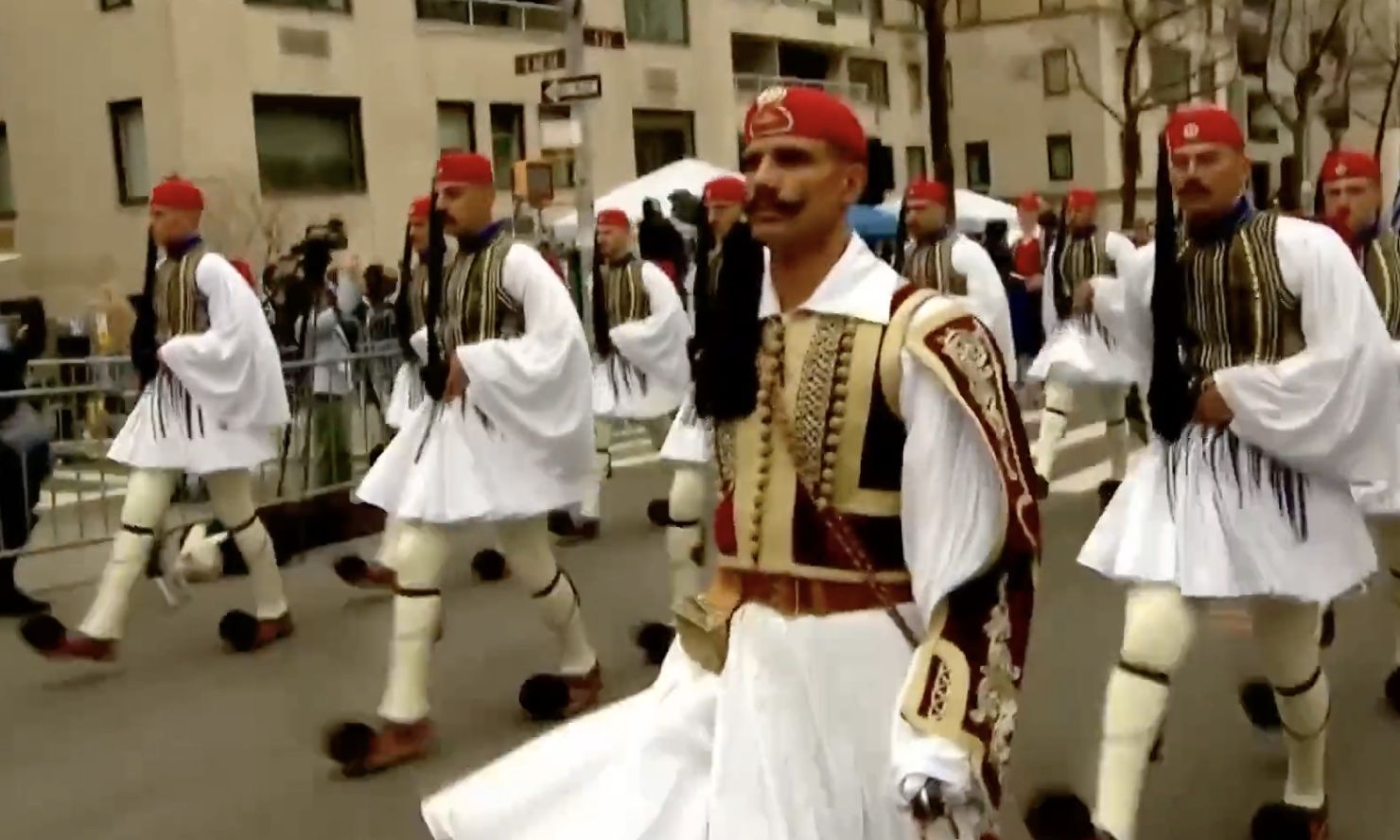May 31, 1944 was a somber day in world history — when an ancient community was forever extinguished from the face of the planet.
This particular anniversary is especially personal to me for a number of reasons. My late father was born and raised in Hania, on the island of Crete. He lived in a neighborhood near the Venetian Harbor known as “Ovreaki” or Hebrewtown. (In the Cretan dialect, it’s “ovreos” not “evreos” as other Greeks say when referring to Jewish people).
His family was one of a few Christian families who lived on Kondilaki Street. I’m not sure how they ended up on a predominantly Jewish street with two synagogues within a few hundred yards from each other, but this environment certainly shaped his worldview about society, multiculturalism and even humanity.
My father died young — he was only 69 — but not before I was able to spend hours with him, hearing his stories about being a teenager in Nazi-occupied Crete.
One of those stories he shared was the story of the extermination of Crete’s Jews — people he was born and raised with and played with as a young boy — until one day when they just disappeared.
There had been a Jewish presence on the island for over 2,300 years. They had a storied history and were a part of Crete’s history — the wars and conquests, the good times and the invasions. By World War II the community had dwindled to several hundred — all centered in Hania and most living in Ovreaki.
With the arrival of the Nazis in late May of 1941 came immediate orders against the Jewish population. Rituals were outlawed and German officers demanded a census of the Jewish population — name, occupation and address. For three years they lived under Nazi occupation in fear.
On May 31, 1944 in the middle of the night, the Nazis surrounded the Jewish neighborhood around the Venetian harbor, blocking all access with trucks and armed guards with dogs. Megaphone announcements ordered all citizens with Jewish identity papers to bring a single suitcase of belongings and report immediately to the street.
My dad described the scene to me as violent — Nazi German soldiers pushing women and the elderly to move quicker, while anyone who questioned or confronted a Nazi was hit with the butt of the rifle. They were herded to a central meeting point and placed on trucks and transferred to the prisons at Ayia — a village outside the main town of Hania.
After a few days in inhuman conditions — as reported by many Hania Christians who made the trek to the prison to try and negotiate for friends’ freedom or to bring food and other items to their Jewish friends, 265 Jews of Hania were transported by truck several hours to Iraklion.
Once in Iraklion, they were loaded onto a decrepit steamship called the Tanais — together with about 500 other political prisoners, Cretan resistance fighters and Italian prisoners of war (Italy had since surrendered and the Nazis quickly turned on them).
The ship carrying the human cargo was headed to Piraeus, where the prisoners would be transferred via train to Auschwitz.
But on June 9, 1944, half way to Piraeus, a terrible irony would befall the ancient community.
An Allied British submarine called the Vivid spotted the ship, which was flying the enemy flag, in the waters between the islands of Folegandros and Santorini and launched a series of torpedoes. Within minutes — the ship sank to the bottom of the Aegean Sea, together with its human cargo. In a matter of minutes, a community that had survived more than two thousand years on the island was extinct, forever.
Today, all that remains of the Hania Jews is a refurbished synagogue in the old neighborhood and a memorial to those who drowned on the Tanais — the last Greek Jews of Hania.
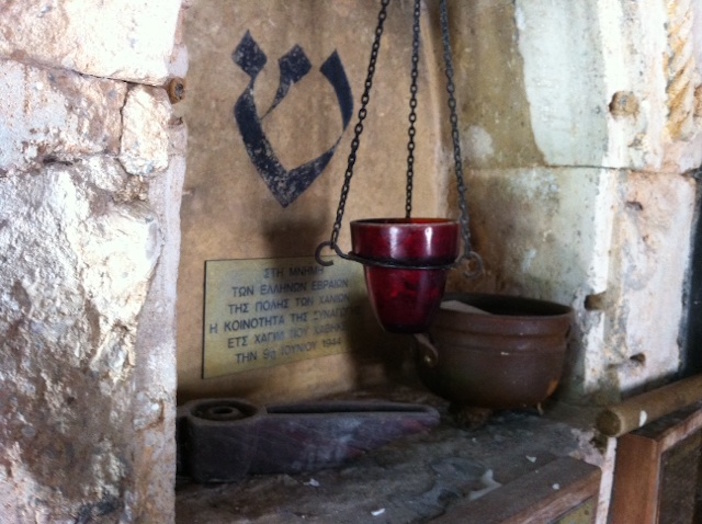
My father remembered walking on Kondilaki Street the following morning. He saw people ransacking and looting the homes of the Jewish residents who had to forcibly abandon their homes.
Women were taking kitchen pots and pans from their former neighbors’ homes and groups of men were seen looting beds, chests of drawers and other large furniture items. It was an ugly scene that would stay with him forever— the ugly side of human nature.
The streets were filled with random items— books, religious ornaments, clothing— as if a violent storm had hit only Kondylaki Street.
“It was like they had just disappeared,” I remember my father telling me.
In memory of the Jews of Hania — and all of the victims who died onboard the Tanais.




